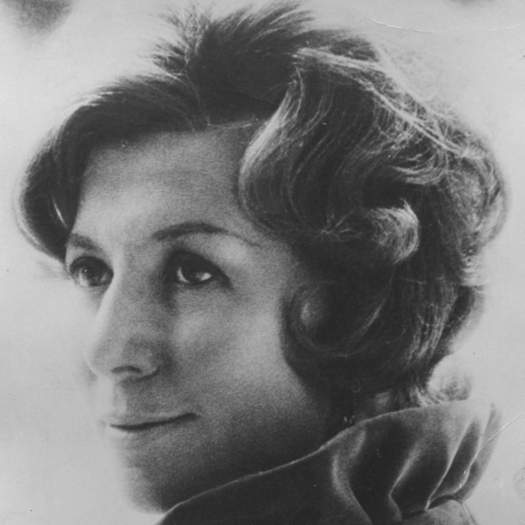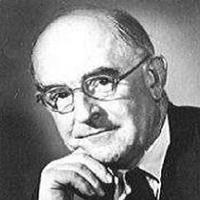 SPONSORED: Think of Something Beautiful - Malcolm Miller pays tribute to contralto Sybil Michelow (1925-2013).
SPONSORED: Think of Something Beautiful - Malcolm Miller pays tribute to contralto Sybil Michelow (1925-2013).
All sponsored features >>
 SPONSORED: Ensemble. Unjustly Neglected - In this specially extended feature, Armstrong Gibbs' re-discovered 'Passion according to St Luke' impresses Roderic Dunnett.
SPONSORED: Ensemble. Unjustly Neglected - In this specially extended feature, Armstrong Gibbs' re-discovered 'Passion according to St Luke' impresses Roderic Dunnett.
All sponsored features >>
- Democratic Socialist Republic of Sri Lanka
- Frances Forbes-Carbines
- Adelina Patti
- DV Studios
- Franz Liszt
- Sherborne Summer School of Music
- Bacewicz: Piano Concerto
- Melton Mowbray
Étienne Perruchon
French composer Étienne Perruchon was born at Suresnes on 23 October 1958. His first commission was in 1981. He was known principally for his film music, but created works of an extremely varied nature, including much operatic, symphonic, instrumental, chamber and vocal music, plus incidental music for plays.
He also created his own language, Dogorian, spoken in an imaginary central European country called Dogora, and wrote songs and choral music in that language. The large choral work Dogora was performed in the city of Chambéry in 2000.
Three years later Patrice Leconte discovered this work, and decided to make a film based on it - Dogora, ouvrons les yeux (Dogora, open our eyes). Étienne Perruchon won an award for the music for this film. This led to further collaborations on film music, and Perruchon continued his work in Dogorian with further works, including Tchikidan, Skaanza and Tzùngati.
The 2009 opera Pinocchio was inspired by a libretto created by the composer's wife, Jeanne Perruchon, based on the celebrated fairytale novel The Adventures of Pinocchio by Italian author and journalist Carlo Collodi.
In May 2013, Ariane Mnouchkine and his Théâtre du Soleil hosted Dogorians, the musical show written, composed and conceived by the composer, directed by Bernard Cauchard.
Étienne Perruchon died in Nantes on 14 May 2019, aged sixty, following a long battle with illness.

